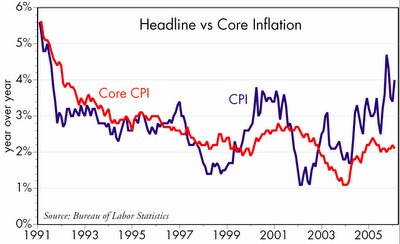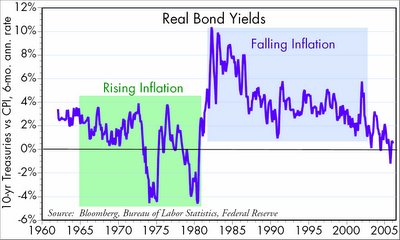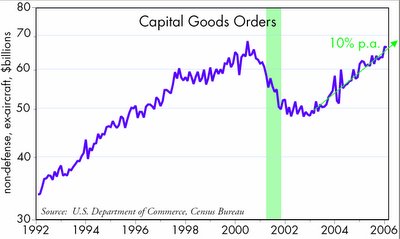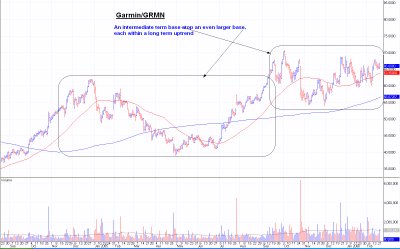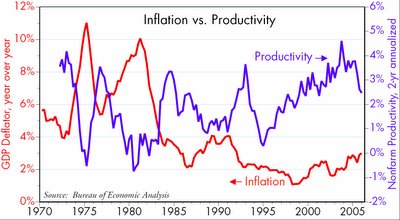India Rising
It sometimes seems Fareed Zakaria writes seminal essays on a weekly basis; of course that is not true. If, however, you have an interest in geo-politics and international relations this lengthy and rewarding essay warrants your attention...
One word applies to the entire essay, wow! As always, I welcome your comments.
"That's outsourcing—as it is any time an American company buys goods or services from abroad. It's also called trade or globalization or capitalism. Those who want to stop it—and it's not clear how you could do that—should remember that the United States' prosperity has come from its very willingness to open itself up to the world. Over the last 60 years, manufacturing employment in the United States has plummeted as those industries went abroad—and yet average American incomes have risen to be the highest in the world. Over the last 20 years, as globalization has quickened, American companies have outsourced first goods, then services—and American incomes have risen faster than those of any other major industrial country. Banning auto-parts factories or call centers will not save General Motors. Globalization highlights some problems for America, but the solutions are all at home. As they have in the past, Americans must—and can—make goods and services that people will pay for freely, not because the government forces them to by shutting out the competition. That is the only stable path to economic security ... At this point, anyone who has actually been to India will probably be puzzled. "India?" he or she will say. "With its dilapidated airports, crumbling roads, vast slums and impoverished villages? We're talking about that India?" Yes, that, too, is India. The country might have several Silicon Valleys, but it also has three Nigerias within it, more than 300 million people living on less than a dollar a day. India is home to 40 percent of the world's poor and has the world's second largest HIV population. But that is the familiar India, the India of poverty and disease. The India of the future contains all this but also something new. You can feel the change even in the midst of the slums."
-- David M Gordon / The Deipnosophist






































































































